- HOME
HOME
- SERVICES
SERVICES
- Study Abroad
Study Abroad
- Study Abroad Counseling
- Parent Counseling
- Test Prep
- College Selection
- Essay Editing and Applications
- Interview Prep
- Post Interview Essay
- Re-applicant Essay
- Resume Review
- Post Result Strategy
- Scholarship Application
- Waitlist Letter
- Letter of Recommendation (LOR)
- Study Abroad Scholarships
- IBDP Diploma Essays
- Essay tutorial
- Career Guidance
- Packages
- FAQ
- Study In India
- Skill Enhancement
- Study Abroad
- DEGREES
- TESTIMONIALS
- TEAM
- OFFERS
- RESOURCES
RESOURCES
- Free Tools
- Undergrad (8th – 12th Grade)
- Masters
- MBA
- M.Phil / Ph.D
M.Phil / Ph.D
- Executive Education
Executive Education
- Career Guidance
- Top Global Universities
- Top MBA Programs
- Admission Officers Insights
- Books
- EVENTS
EVENTS
- FINANCE YOUR EDUCATION
FINANCE YOUR EDUCATION
- MEDIA
- HOME
- SERVICES
- Study Abroad
- Study Abroad Counseling
- Parent Counseling
- Test Prep
- College Selection
- Essay Editing And Applications
- Ibdp Diploma Essays
- Essay Tutorial
- Interview Prep
- Post Interview Essay
- Re-applicant Essay
- Resume Review
- Post Result Strategy
- Scholarship Application
- Waitlist Letter
- Letter Of Recommendation (lor)
- Study Abroad Scholarships
- Career Guidance
- Packages
- FAQ
- Study In India
- Skill Enhancement
- Study Abroad
- DEGREES
- TESTIMONIALS
- TEAM
- OFFERS
- RESOURCES
- EVENTS
- FINANCE YOUR EDUCATION
- MEDIA
Don't let the lockdown lock you down!
We know that the present pandemic can be difficult. However, this is a great time to reflect on your study abroad and career goals and plan ahead.
We have made our services accessible at reduced prices in this lockdown. ReachIvy.com Experts are here to help you!
Central Board of Secondary Education (CBSE)
Introduction
The Central Board of Secondary Education (abbreviated as CBSE) is a Board of Education for public and private schools, under the Union Government of India. CBSE conducts the final examinations for Class 10 and Class 12. It is a child centered and holistic education program that prepares students for college life and beyond. It is also an internationally recognized and accepted qualification for entry into higher education.
The CBSE provides a holistic approach to learning using innovate methods to develop both disciplinary and interdisciplinary understanding. In addition to academic excellence, it encourages independent learning, inquiry, risk-taking, caring, open-mindedness and intercultural understanding. It strives to adapt and innovate methods to achieve academic excellence in conformity with psychological, pedagogical and social principles.
Program Overview
- The curriculum is made up of 5 learning areas, consisting of language; social science; mathematics and technology; science; and physical education, performing arts and visual arts.
- 5 Learning Areas. Five learning areas are represented as the five petals which intersect in a trans-disciplinary approach across various dimensions. The curriculum exposes the student to both depth and breadth of knowledge and understanding.
- The language curriculum aims to develop the skills of listening, speaking, reading and writing in a variety of contexts and train students to be able to adapt language to suit different tasks, audiences and purposes. It aims to develop confidence in the students so that they can use their skills and abilities effectively. Students study two languages at classes IX and X. However, they do have the opportunity to study an additional language.
- Social Science. The social science curriculum aims to develop in students an understanding and evaluation of the social, political, economic and environmental dimensions of the world, and helps them formulate and justify arguments in response to a diverse range of issues.
- Mathematics and Technology. The mathematics and technology curriculum helps students develop strategies that improve their logical thinking and analytical ability. It helps to develop the ability to approximate and estimate, to use trial and improvement techniques, look for patterns and make hypothesis. It helps in development of computational skills and spatial intelligences. Information and Communication Technology help students assess the impact of new technologies on society and train them to use these productively.
- Science is studied as individual disciplines of Physics, Chemistry and Biology. The Science curriculum offers students the opportunity to be curious, to question, to investigate, to formulate hypothesis, design and carry out experiments, make critical observations and record results.
- Physical Education, Performing Arts and Visual Arts. These offer opportunities for the development of imagination, sense of aesthetics, sensitivity and inventiveness – all of which are the requirements of a balanced curriculum
Assessment
The assessment criterion varies from subject to subject, but is a combination of both internal and external assessment.
Continuous And Comprehensive Evaluation (CCE) is a new system of education implemented by CBSE for students of sixth to tenth grades. It removes the marking system and introduces grading system based on a series of curricular and extracurricular activities.
Mathematics is being offered at two levels – Core and Elective. A student can opt for either of them. The Mathematics Lab activities will be an integral and a compulsory part of the Mathematics curriculum and will be examinable from classes VI to X under Formative Assessments.
An externally assessed written exam at the end of the 10th and 12th grade accounts for the final grade. Internal assessment can contribute up to 20% in the final grade in some subjects.
How does it compare to other qualifications?
The CBSE program is a comprehensive learning platform that develop skills such as problem solving, enquiry, team work, team building, planning and organizing to help students become productive and adaptive to survive in a changing environment. Its aim is to help students acquire knowledge, develop confidence and ability to assess his/her personal strengths and weaknesses and be realistic in making appropriate career choices for further education and employment. The CBSE syllabus is thought to be less rigorous when compared to other Indian boards, mainly due to fewer subjects and a more compact structure.
Students study a range of subjects, and support their academics through their core involvement. Students study at least two languages to increase the understanding of cultures, including their own. The program fosters a positive attitude to learning and inculcates a broad range of attitudes and skills that prepare students for higher education.
Pros & Cons
Benefits of the CBSE program include:
- The program allows you to study rigorously and develop skills at the same time. The CBSE syllabus is presented in a more scientific manner
- CBSE graduates are truly college ready. As the program fosters a variety of academic and non-academic knowledge, skills and abilities, they provide the ideal platform for a successful transition from high school to college.
- The syllabus prepared by CBSE is more suitable for qualifying in various entrance examinations in India.
However:
- Not much focus is laid on inculcating practical knowledge in students.
- The CBSE syllabus also does not lay as much emphasis on core English knowledge as its counterpart does, choosing to lay more importance on the disciplines of mathematics and science.
Conclusion
The CBSE is a learning experience which does focus on the overall career development of a student by synchronizing its academics with the requirements of competitive exams as well as polishing the students skill sets through various extra-curricular activities. CBSE is extremely focused on science and mathematics with a lot of attention paid to the application of knowledge.
MEET OUR EXPERTS
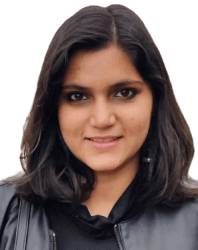
Garima Rana
MPP - University of Oxford
B.Sc.,Indira Gandhi Delhi Technical University
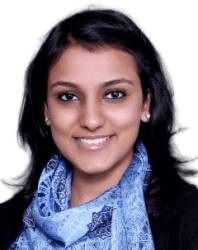
Ananya Jain
B.Com, Delhi University
M.Fin, Cambridge Judge Business School
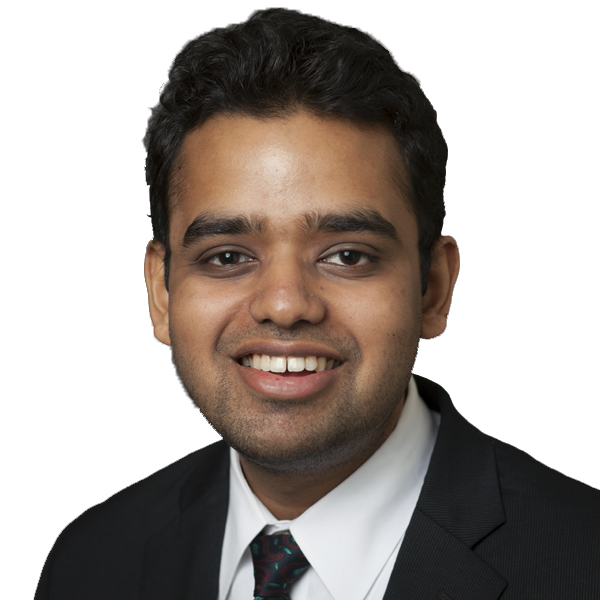
Kovid Gupta
MBA, Cornell University
BBA, BS, BA, The University of Texas at Austin

Archana Rao
MBA, Darden University of Virgina
B.Tech, University of Pune

Suman Barua
M.Ed, Harvard University
B.E, Mumbai University
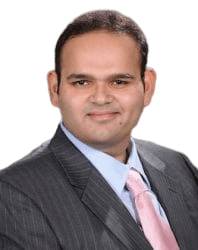
Madhav Pathak
MBA, Indian School of Business
MS, Carnegie Mellon University
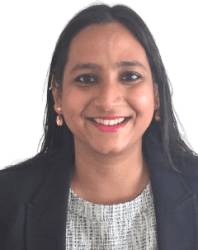
Gaargi Desai
MS, Harvard University
BA, Tulane University

Ameya Bhangle
MBA, Harvard Business School
BSc(IT), St. Xavier’s College, Mumbai

Niyati Dave
MA, Smith College, Northampton
Fellowship, Urban Studies/Affairs

Aashay Doshi
MBA, Tepper School of Business Carnegie Mellon University
BSc., University of Maryland College Park
OUR STUDENTS HAVE REACHED







